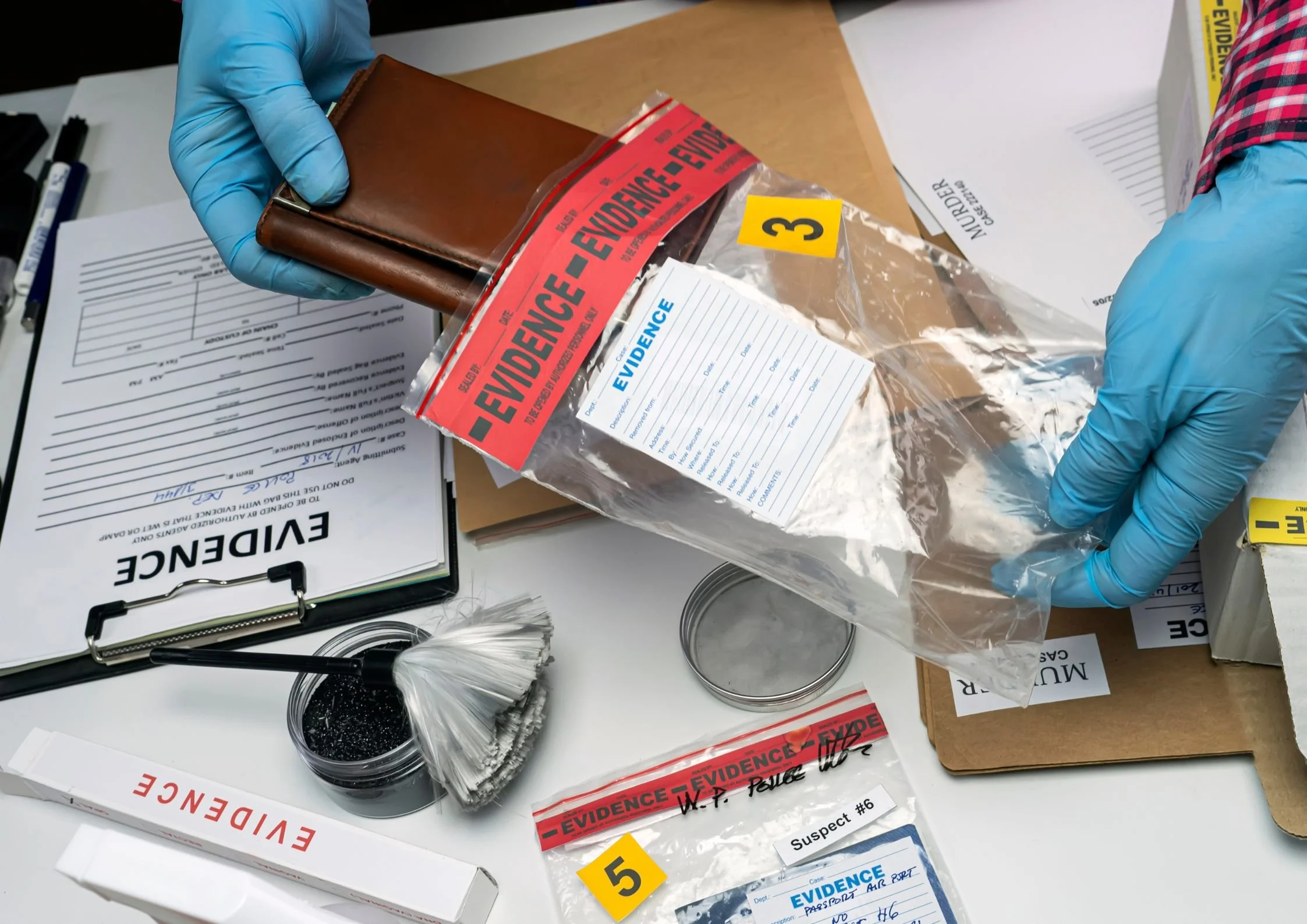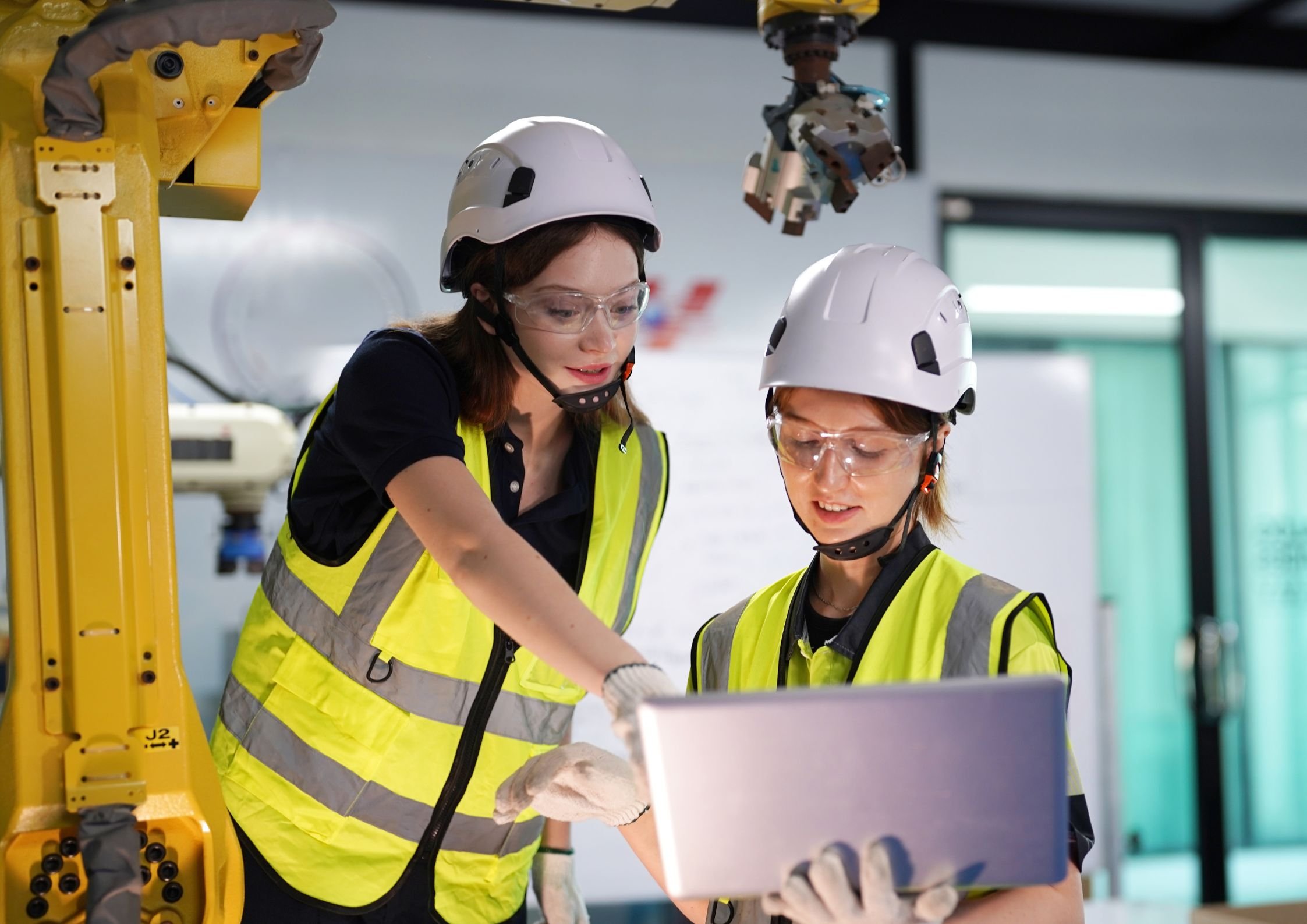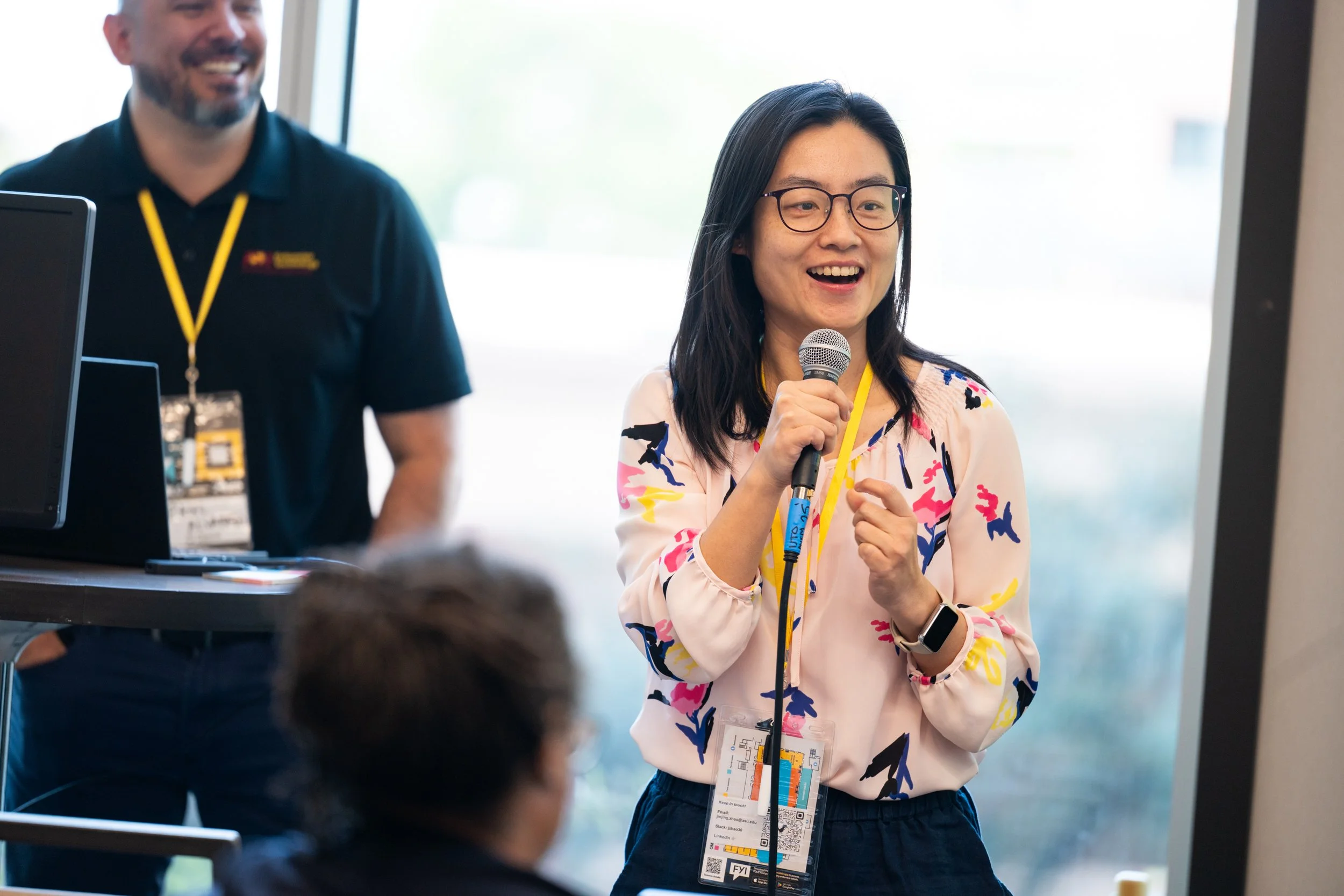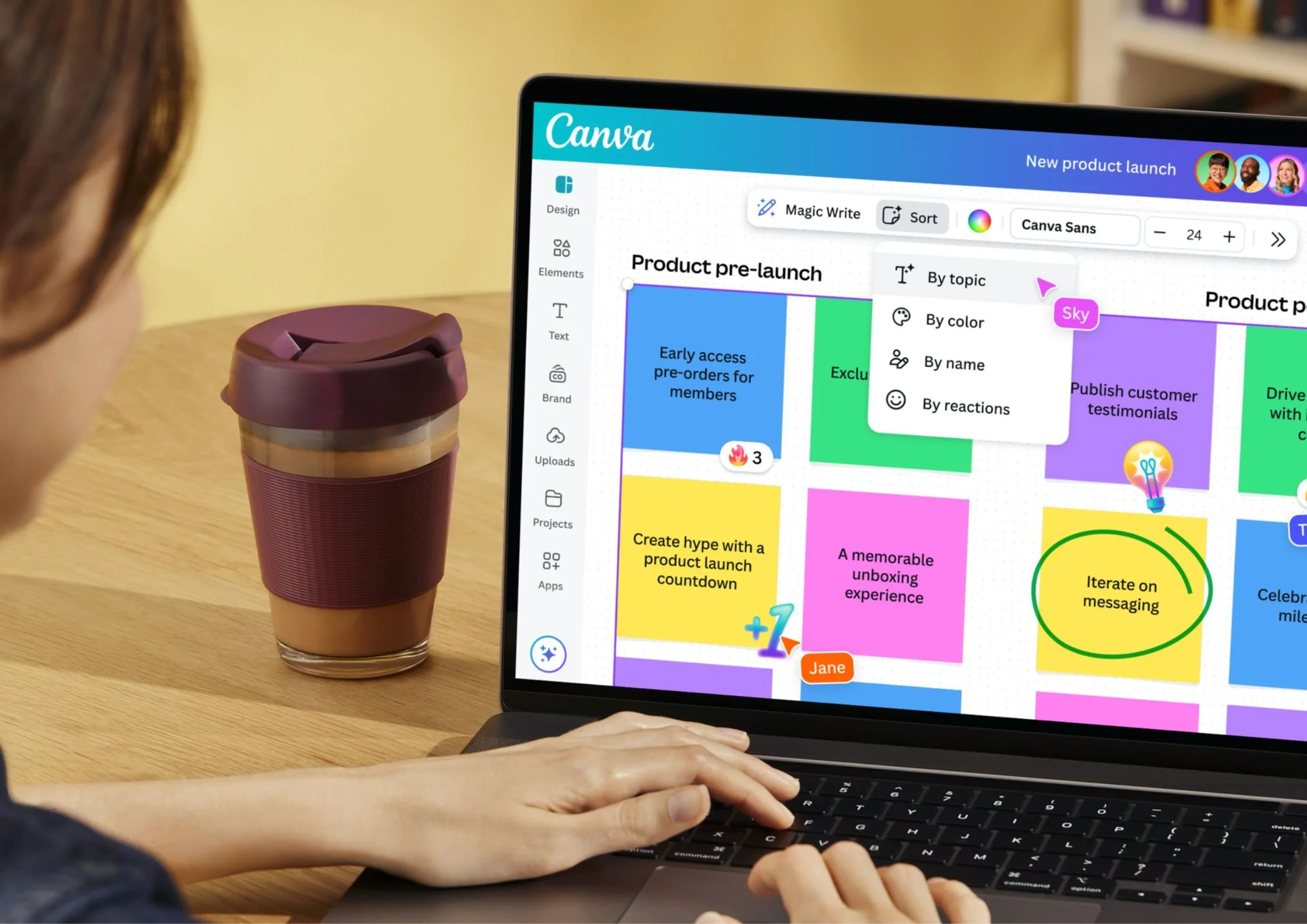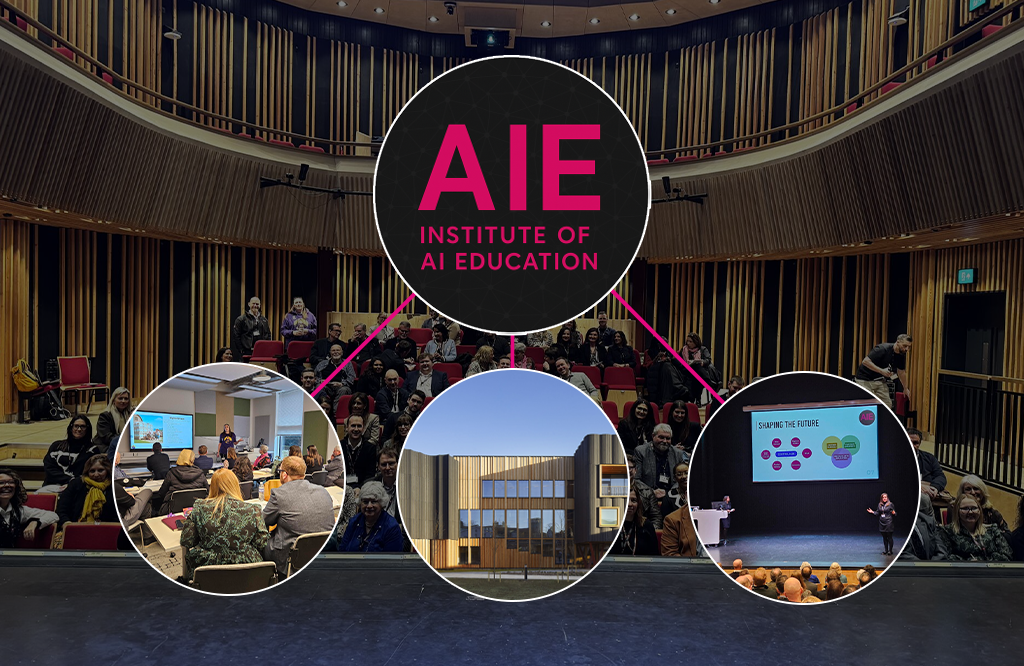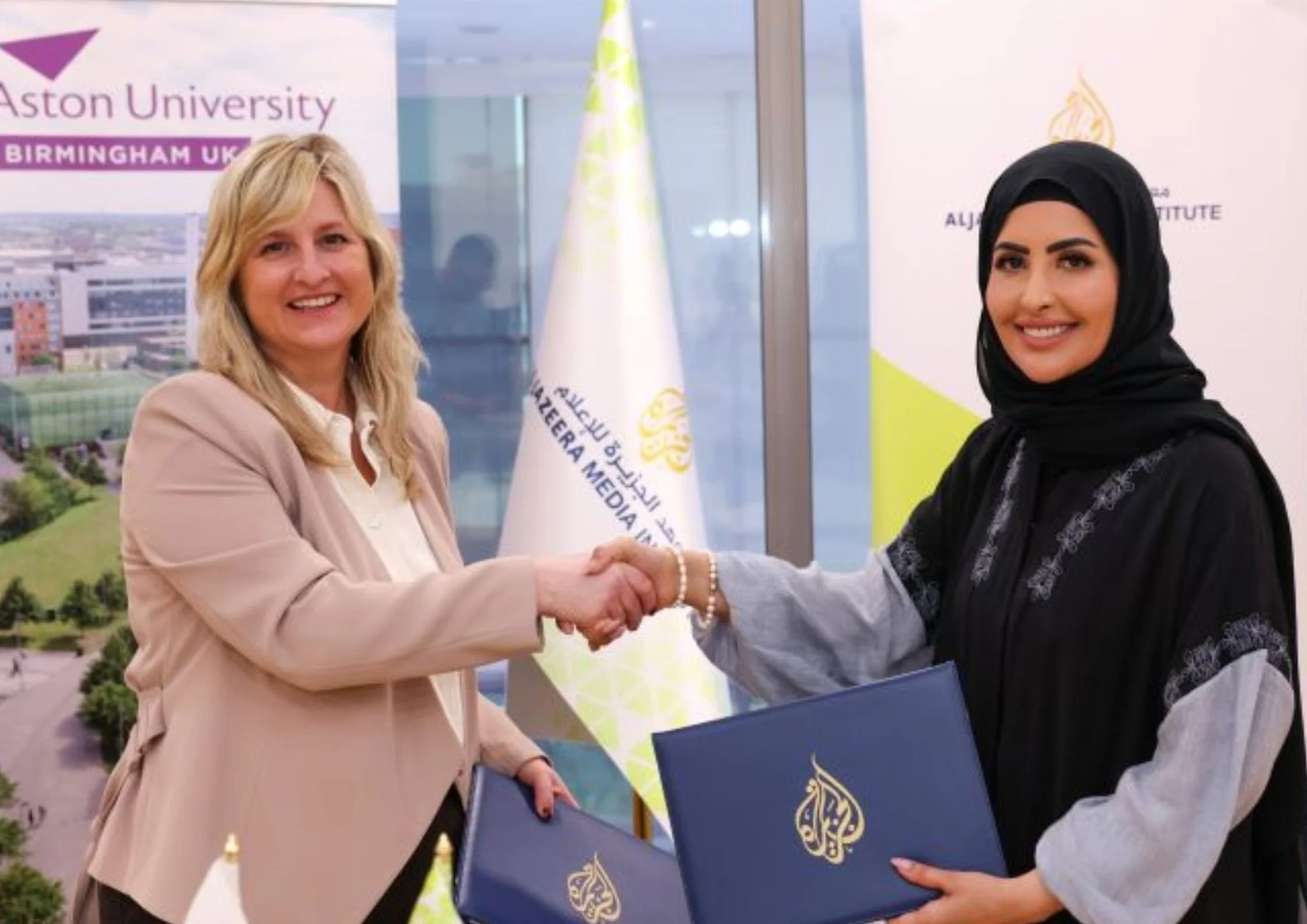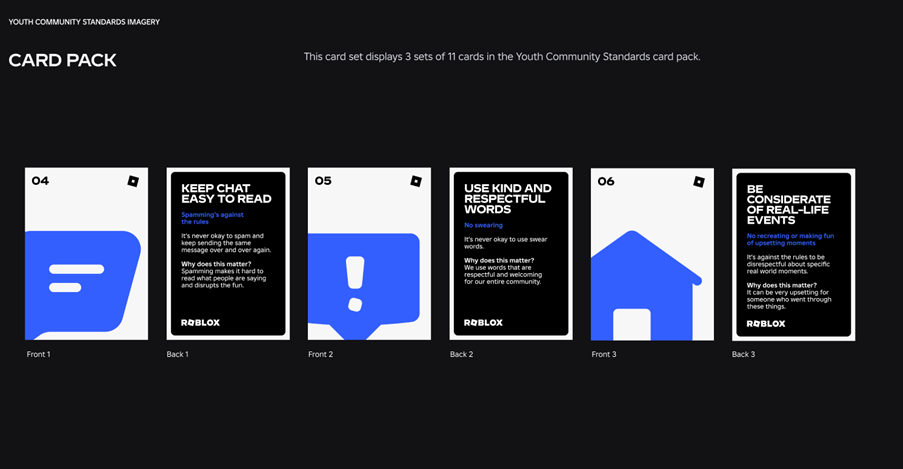New College Lanarkshire students turn robotics concept into working prototype at WorldSkills UK Designathon
Winning team develops precision robotic grabber during immersive experience at MTC Training as part of WorldSkills UK’s competition-based learning program.
A group of further education students from New College Lanarkshire in Scotland have transformed their winning robotics concept into a working prototype through a collaborative build at MTC Training in Coventry.
The students won the latest WorldSkills UK Designathon, a national competition that challenges young people to solve real-world engineering problems through collaborative design. Their entry, a robotic grabber tool for automated pick-and-place tasks, was selected for its technical viability and strong potential for application in automated systems.
WorldSkills UK is a skills-focused organization that works to raise technical standards and promote future careers in engineering and other high-demand industries. The Designathon is part of its broader competition-based learning model, which aims to integrate hands-on skills into vocational education and apprenticeships.
MTC Training supports full concept-to-build process
Hosted at MTC Training, the student team engaged in a full development process supported by engineers, CAD designers, and manufacturing technicians. MTC Training is the learning and development arm of the Manufacturing Technology Centre and specializes in advanced engineering training, including digital and additive manufacturing.
During the event, the students individually modeled versions of their grabber design using CAD software, prepared their designs for 3D printing, and participated in the physical production of components. They also programmed robotic systems to operate their designs, gaining exposure to integrated automation workflows.
The hands-on format allowed students to experience each stage of the production process, from digital design through to physical deployment, using the same equipment and platforms applied in industrial settings.
Lance Knowling, Future Skills Advisor at MTC Training, says: “We are proud to have partnered with WorldSkills UK and New College Lanarkshire to create such an immersive learning experience integrating design, additive manufacturing and robotics. It was a memorable experience which I am sure will contribute to the growth in the skills of all the students who participated.”
Competition-based learning model highlights technical skills gaps
The Designathon model reflects a growing emphasis on applied skills within the UK’s technical education framework. WorldSkills UK promotes competition-based learning as a method to bridge the gap between classroom instruction and industry-ready skills, particularly in areas such as automation, manufacturing, and robotics.
Through events like the Designathon, WorldSkills UK aims to demonstrate the role of practical problem-solving in preparing students for high-demand sectors. The approach aligns with broader national priorities to address technical skills shortages and enhance workforce readiness.
Parisa Shirazi, Director of Standards at WorldSkills UK, says: “Congratulations to the talented students from New College Lanarkshire, it’s been fantastic to see their ideas come to life. Huge thanks to MTC Training for hosting our Designathon, part of our competition-based learning programme. Events like this are a powerful way to support young people in developing the technical skills that employers are crying out for. By bringing industry and education together, we can equip all young people with the skills that will help fuel business growth across the UK.”
Student response and learning outcomes
Participants engaged directly with industrial software, additive manufacturing tools, and robotic systems, offering insight into the workflow expectations of advanced manufacturing environments.
Kyle, a student at New College Lanarkshire, comments: “The designathon definitely pushed the limits of what I thought I was able to do. It was great fun and to find out that me and my teammate, Michael, were joint winners was hugely exciting.”
The project concluded with a session from Professor David Wimpenny, Chief Technologist at MTC, who presented an overview of career opportunities in additive manufacturing. His talk emphasized the importance of digital production methods and interdisciplinary skills for engineering roles of the future.


